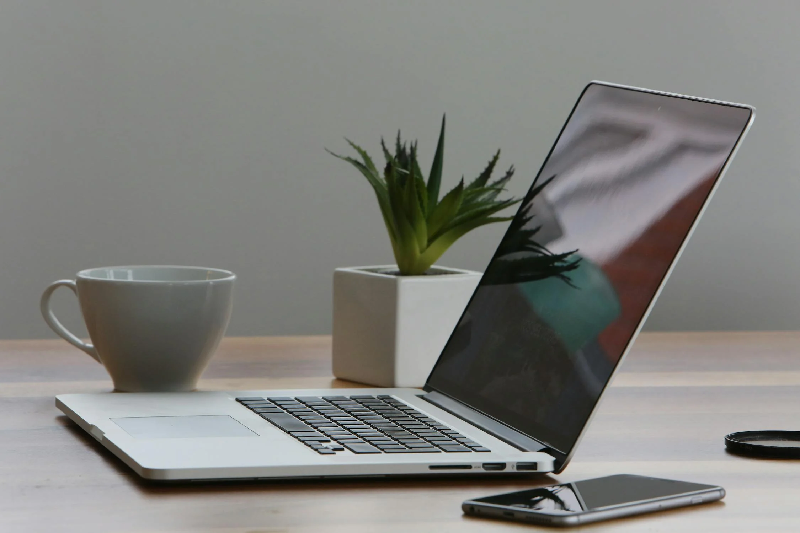In this 21st Century internet scenario, it is not only important but also mission-critical to make internet usage as safe as you possibly can, considering the phenomenal amount of phishing, id thefts, fiscal frauds and malware promoters floating around the internet, waiting to trap unwary and naïve users.

While 100% internet safety is indeed Utopian, it is also critical that maximum emphasis and importance must be given to privacy, safety, security, confidentiality elements in internet usage in the short, medium and long terms.
- Install Two-Step Verification Mode: In the event your Cloud service offers it, in addition to entry of password, most genuine sites also ask for Verification Code, which is conveyed via SMS to your mobile phone. Under such a scheme, even if the hacker could gain access to your password, it would be difficult for hacker to gain ultimate access to unique and temporary Verification Code that is needed to gain final access to your account
- Invest in good Anti-Virus Software, if you have not already, to gain optimum internet safety: The truth is that a good AVS is defense against potential hackers and malware, and they can be relied upon, to do full justice to privacy and safety needs of internet. It is important to choose a relievable one like BitDefender or F-Secure that could offer maximum internet security in the event of contingent internet compromise.
- Shop online only on trusted and secure sites: Product sites demand credit card details that could compromise card security. Many banks do not encourage divulging of credit card details which could be misused by gained parties. Besides, in the event of lowered security and protection, this is open invitation to hackers to hack into your bank account and commit financial frauds with gained details of credit cards. All this could be avoided if you care to check back on credentials of service providers or online shops and only do business with trusted ones. This saves a lot of future hassles for you and your credit card account.
- Block when in doubt: It is best to remain circumspect, cautious and wary with internet offerings since it could be just a façade for more shady schemes and dubious deals. Clicking on to every link without checking could later be dangerous and uneconomical so better still block out unwanted matters.
- Use different passwords for different sites: Using the same passwords for different sites may be convenient but with major risks in the event the privacy of one site is compromised. Thus it would be more wiser to spread risks between different sites to gain maximum security and minimum risks
- Use your social networking sites with care and caution: While social networking sites means a lot of fun during leisure hours, it carries hidden risks, especially if hackers can navigate your personal data and gain beneficial personal data. This could be later used to hack into other sites to your disadvantage and loss. One must also be aware of who visits your SNS and with what motives.
- The adage that prevention is a more favoured option than cure is most appropriate for social networking sites best.
Conclusion:
It is important that apparent and covert risks and threats relating to internet site usage needs to be fully controlled and this should not, in any manner, dampen its continued service. Yet one needs to be extra careful to avoid future security related issues in internet usage and make best and careful use of internet usage, knowing fully well the attendant and associated risks and challenges.
About The Author: James Coleman is a freelance academic writer and is currently working for EssayReviewo.com, an online source with valuable essay writing service information from various users. He loves to write about technology related topics and often finds way for something useful in his writings for the readers.




